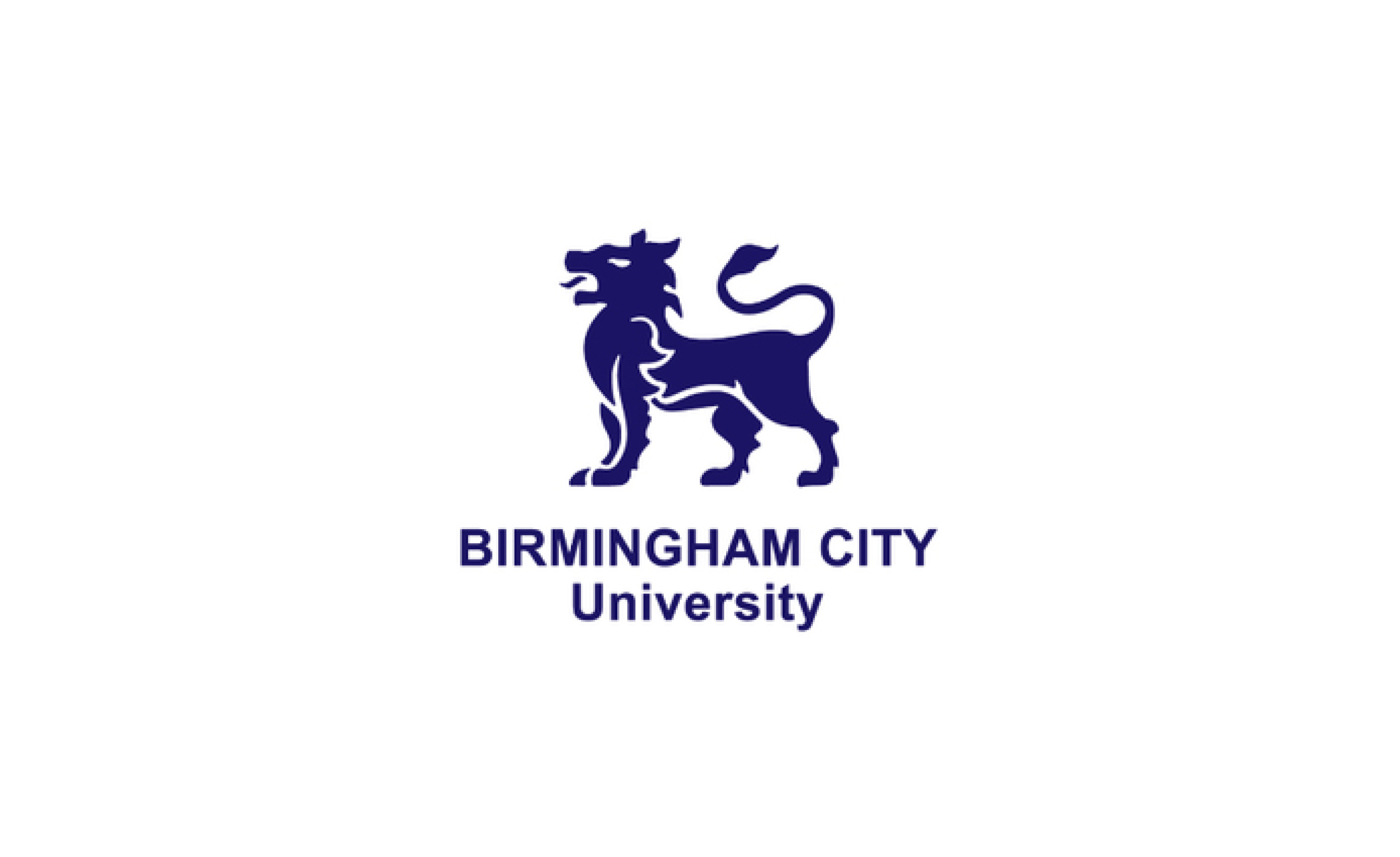Job purpose
To design, develop and produce learning and teaching material and deliver either across a range of modules or within a subject area. Lecturers will ensure the efficient and effective delivery of teaching programmes in accordance with the University’s strategy, policy and procedures, contribute to activities which influence leading edge practice and may also undertake research activity.
Main activities and responsibilities
Student learning experience:
1. Use appropriate learning, teaching, support and assessment methods.
2. Supervise student projects and the academic elements of field trips, and, where appropriate, placements,
3. Identify areas where current provision is in need of revision or improvement and contribute to the planning, design and development of objectives and material.
4. Select appropriate assessment instruments and criteria, assess the work and progress of students by reference to the criteria and provide constructive feedback to students.
5. Ensure that module design and delivery comply with quality standards and regulations of the University.
Research, enterprise and scholarship
6. Engage in scholarship as required to support teaching activities and continually update knowledge.
7. Extend, transform and apply knowledge applied from scholarship to teaching and appropriate external activities including knowledge generation, knowledge exchange and knowledge transfer activities.
8. Conduct individual research or work on collaborative research projects.
9. Develop research objectives and proposals for own or joint research.
10. Engage in collaborative partnerships and contribute to the University’s work in influencing leading edge practice.
11. Make presentations at conferences and other similar events.
Managing people and resources:
1. As module leader or programme leader, co-ordinate with others (such as support staff or academic colleagues) to ensure student needs and expectations are met.
2. Manage projects relating to own area of work and the organisation of external activities such as placements and field trips.
3. Mentor colleagues with less experience and advise on personal development
4. Co-ordinate the work of others to ensure modules are delivered to the standards required.
Pastoral care
5. Be responsible for pastoral care of students within a specified area.
6. Act as personal tutor, giving first-line support and mentoring to students.
7. Appreciate the needs of individual students and their circumstances.
8. Use listening, interpersonal and pastoral care skills to deal with sensitive issues concerning students and provide support.
9. Refer students as appropriate to services providing further support.
Liaison and networking:
1. Participate in and develop external networks, for example, to contribute to student recruitment, secure student placements, facilitate outreach work, generate income, obtain consultancy projects or build relationships for future activities.
2. Undertake international visits in order to establish partnerships teach at partner institutions or act as Link-Tutor.
Academic administration
3. Be responsible for administrative duties in areas such as admissions, timetabling, examinations, and assessment of progress and student attendance.
Additional key requirements:
Communication-
- Routinely communicate complex and conceptual ideas to those with limited knowledge as well as to peers using high level skills and a range of media.
- Prepare proposals and applications to external bodies, e.g. for funding and accreditation purposes.
Teamwork-
- Act as a responsible team member, leading where agreed, and develop productive working relationships with other members of staff.
- Co-ordinate the work of colleagues to identify and respond to student’s needs.
- Initiative, problem solving and decision making
- Identify the need for developing the content or structure of modules with colleagues and make proposals on how this should be achieved.
- Develop ideas for generating income and promoting the subject.
- Develop ideas and find ways of disseminating and applying the result of scholarship.
- Exercise responsibility for the design and delivery of own modules and assessment methods taking into account established or agreed University practice where necessary.
- Collaborate with colleagues on the implementation of assessment procedures.
- Advise others in strategic issues such as student recruitment and marketing.
- Contribute to the accreditation of programmes and quality control processes.
- Tackle issues affecting the quality of delivery within scope of own level of responsibility, referring more serious matters to others, as appropriate.
Work Environment-
- Be aware of the risks in the workplace and the potential impact on their own work and that of others.
- Depending on area of work (for example laboratories, workshops, studios) conduct risk assessments, take steps to reduce hazards and take responsibility for the health and safety of self and others.
Person specification
- First degree and higher degree in a relevant subject
Teaching qualification or preparedness to work towards PhD or willing to study for a PhD or equivalence accepted based on cognate area of understanding. - Alternatively, ability to demonstrate equivalent core knowledge and expertise gained from leading edge practice will be considered in some circumstances.
- Sufficient breadth or depth of specialist knowledge in the discipline to develop teaching programmes and the provision of learning support.
- Knowledge of higher education and ability to use a range of delivery techniques to enthuse and engage students
- In-depth understanding of own specialism to enable the development of new knowledge and understanding within the field.
- Evidence of excellent teaching identified by peer review.
- Evidence of a positive impact at discipline programme level beyond own teaching.
- Experience of teaching, curriculum development and quality management and enhancement in an HE environment.
- Experience of research and enterprise activity
- Evidence of high quality publications or other outputs in research or practice.
- Demonstrable ability to lead research projects, win bids and generate income is desirable
- Understand equal opportunity issues as they may impact on academic content and issues relating to student need.
- Excellent written and verbal communication skills
- Able to communicate complex and conceptual ideas to a range of groups.
- Able to identify potential sources of funding.
- Able to participate in and develop external networks.
- Able to demonstrate independent and self-managing working styles
Professional Status
Eligible for Fellow status under the Higher Education Academy’s Professional Standards Framework.
Special Requirements
- Able to undertake duties at different premises including any University campus as required.
- Expected to work outside of normal office hours as required.
- All academic staff are expected to engage in activities associated with promotion, marketing and public outreach of the subject area.
Expectations of all staff
Professional standards:
– All staff employed by Birmingham City University are expected to exhibit high professional standards which promote and demonstrate the University’s core values of Excellence, People Focused, Partnership Working, Fairness and Integrity.
Equal opportunities:
– All staff are expected to understand and enact the University’s commitment to ensuring equality and diversity in all activities. This commitment is enshrined in the Equality Statement and core values.
Dignity at work:
– Every member of staff has a responsibility to ensure colleagues are treated with dignity and respect. The University is committed to creating a work environment for all staff that is free from harassment, intimidation and any other forms of bullying at work, where everyone is treated with dignity, respect and professional courtesy.
Health and safety:
– The arrangements for meeting the University’s health and safety objectives are contained in the Birmingham City University Health and Safety Policy. This includes the responsibilities of key staff and procedures covering the main activities of the University.
All staff are expected to take reasonable care of themselves and those that may be affected by their actions.
Dress code:
– The University does not operate a formal dress code for its employees, other than for those who are provided with uniform and/or protective clothing. However, employees must ensure that their dress is professional, reasonably smart and appropriate for the situation in which they are working. All staff should ensure that they present a professional image and one that reflects sensitivity to customer perceptions. This may reflect their ethnicity and lifestyle, but should not be provocative or cause offence to those with whom they have contact.
Citizenship:
– All staff are expected to adhere to good citizenship, being generous with help and support to others, collaborating with colleagues and working for the benefit of the University as a whole. In particular working to provide a positive student experience and achieving excellence in all the University’s activities.
How to apply
Click the link here to apply.







